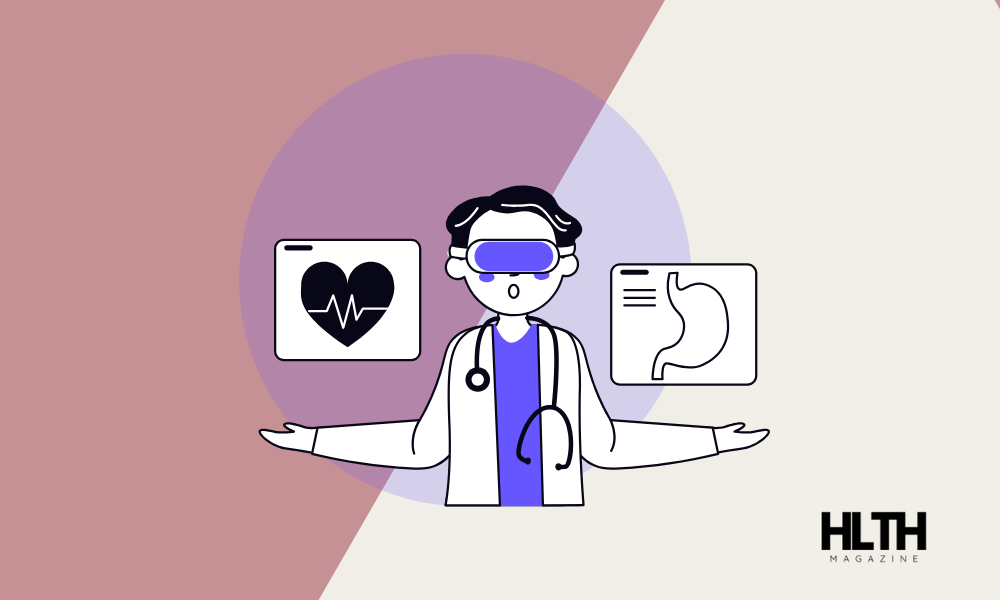A recent study from the University of Kansas is showing that parents apparently trust AI like ChatGPT over healthcare professionals.
The study lead Leslie-Miller “Participants found few differences between the advice given in vignettes crafted by experts and those generated by ChatGPT. When differences were significant, ChatGPT was often rated as more trustworthy, accurate, and reliable.”
Aside from preference, during the course of the study 116 parents were shown health related information about children and asked to decide whether it was written by ChatGPT of a healthcare professional. Most parents thought that the information presented by ChatGPT was in fact the "real content".
Experts suggest this preference may stem from AI's ability to provide straightforward answers.
Jim Boswell, CEO of OnPoint Healthcare Partners, explains, “ChatGPT’s direct approach simplifies complex information, making it easier for users to digest.”
Editors note: "I would suggest that these healthcare partners haven't actually spent that much time with AI as it can in fact often be far more complex than the advise you'd get from a healthcare professional, or the examples used could well be cherry picked."
Dr. Mordechai Raskas, Chief Medical Information Officer at PM Pediatric Care, adds, “Think of AI as a persuasive communicator, designed to deliver information in ways that resonate.”
While ChatGPT offers quick responses, experts caution against using it as a sole source for medical advice. Leslie-Miller notes that the AI can produce inaccurate or generalized information, such as suggesting inappropriate medications or treatments for specific age groups, which could result in harmful outcomes.
Healthcare professionals recommend verifying AI-generated information through reputable sources or consulting a qualified medical provider for tailored advice. Boswell emphasizes, “Reliable health content typically cites qualified medical writers or experts and includes links to research-backed information.”
While AI like ChatGPT compiles answers from a range of online sources, it lacks the personalized, expert oversight crucial in healthcare. As Boswell puts it, “For children, even minor health concerns can rapidly become serious. It’s essential to have a qualified professional evaluate the situation to ensure proper care.”
Now, that all said, we do acknowledge that the healthcare professionals in this case may well be speaking from a place of anti AI bias. Of course we still wouldn't recommend using it without scrutiny, but there was a time when all digital resources were considered a concern, and at this point most health care services internationally have some sort of online resource and if used correctly AI can simply be a helpful addition to this.
Reference
https://academic.oup.com/jpepsy/advance-article-abstract/doi/10.1093/jpepsy/jsae075/7756752
